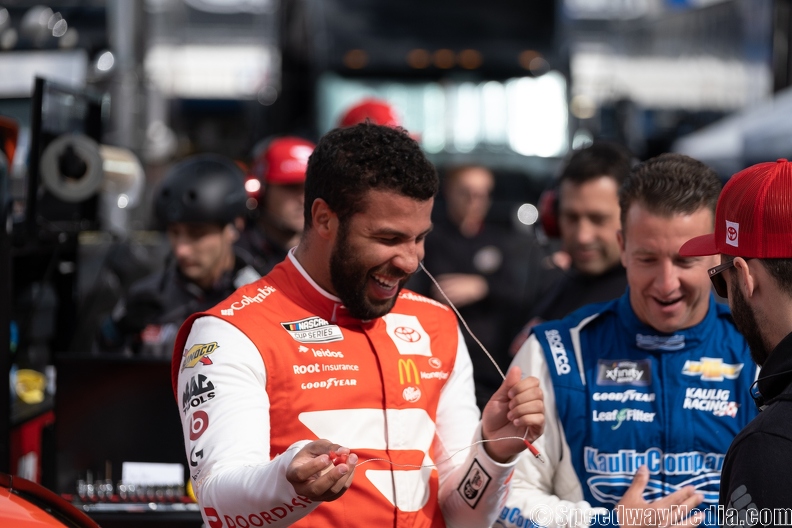Racing at high speeds requires instant reaction times, every hundredth of a second counts. Even the slightest lag in reaction time can be disastrous.
Research shows that the reaction speed of F1 drivers is typically three times faster than that of other individuals.
Off the race track, slower reaction times increase the odds of a chain-reaction car accident, often leading to what are known as chain reaction accidents.
Chain-reaction accidents account for 60% of annual motor vehicle fatalities in the US. Worse still, chain-reaction car accidents are often severe and involve one or multiple types of negligence.
St. Louis car accident lawyer Christopher Dixon says that drunk driving, texting while driving, driver fatigue, and distracted driving can all lead to slow reaction times and a chain-reaction car crash.
If you are involved in such an accident, you should consult with experienced lawyers like Christopher Dixon as soon as possible. They will assist you in establishing whether you have a claim and where liability lies.
Let’s explore reaction times and how they apply to race drivers.
What is Reaction Time?
Reaction time is the time it takes to respond to a situation by moving your foot from the accelerator pedal to the brake pedal. The average reaction time is 3/4 of a second.
Reaction distance is how far a vehicle travels during this time.
The faster you drive, the more distance is covered before your reaction is affected.
It is important to remember this when driving in a civilian context.
If you race, your reaction times will improve significantly the more you race.
Can You Have Your Reaction Time Tested?
You can have your reaction time tested. Some driving centers do have simulation testers. You sit at the simulated controls of a car and brake when a hazard flashes on the screen in front of you.
You will probably be shocked at how much slower your reaction time is than you think.
Bringing a vehicle to a standstill even from a speed of 60 miles an hour takes much longer than you think.
Traveling at a speed of 60 mph, an average reaction time that you will need is 60-80 feet to react and then another 180 feet of distance to stop in time. That is a total of 240-260 ft before you can bring your car to a complete stop.
Advanced driving courses often teach you this by having drivers perform emergency stops on a signal at different speeds and then measuring the distance traveled before the vehicle stops.
Reaction-Time Lessons For Civilian Driving
On a race track, your reaction times are vital and will differentiate between having an accident and winning the race.
The fastest F1 drivers are almost superhuman in their reaction time and mental processing abilities.
However, for the average Joe who drives around town, an awareness of the importance of reaction time and a few simple habits can significantly assist you to avoid collisions.
Here are a few tips:
Reduce Your Speed
If the area is busy, reduce your speed.
Do not exceed the posted speed limit, so that you have enough distance to break in time.
Maintain a Safe Traveling Distance
The faster you go, the greater the need to increase your following distance from the vehicle ahead.
Avoid Being a Distracted Driver
Cell phones, adjusting radios, eating and drinking while driving reduces your reaction time considerably and should be avoided.
Fatigue, Inexperience And Long Drives
Driving while tired and for excessive periods will result in your reaction times plummeting.
Take regular breaks and stretch your legs before continuing on your journey.
Inexperienced drivers should not drive for long periods due to drops in concentration.
Driving in Unfamiliar Surroundings And at Night
When driving in a strange area or at night, reduce your speed more than usual as you are not familiar with the lay of the land and cannot anticipate problem areas that you don’t know.
The Main Takeaway
Racing drivers typically have much faster reaction times.
Speed and distance are victims of reaction time so adjust these accordingly when you drive on the roads!









